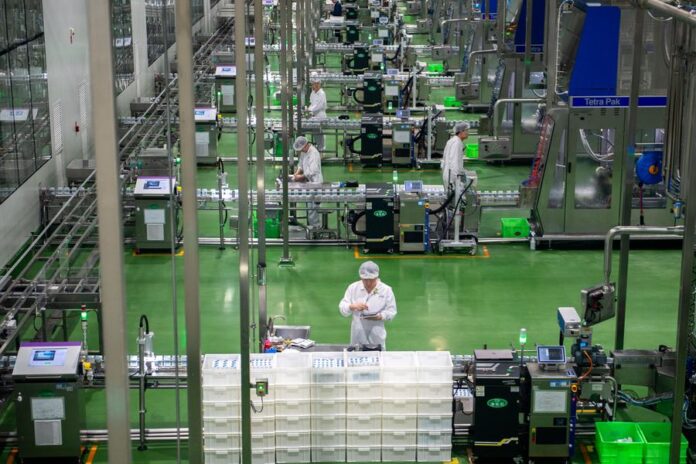For Liu Qing, director of the National Innovation Center par Excellence (NICE), the first half of 2025 has been an exceptionally busy but rewarding period to expand China’s global research footprint, according to XINHUA.
Through efforts like hosting science and innovation forums in countries including Denmark and Australia, the center added 11 new overseas strategic partners during the six months, bringing the total number of its international partners close to 100.
„The market prospects for industrial development in China are indeed attractive to overseas scientists,” said Liu, while speaking on the latest episode of China Economic Roundtable, an all-media talk show hosted by Xinhua News Agency. „They see it as a place to truly make their results serve humanity.”
Behind the center’s successful global push lies China’s rapidly advancing innovation ecosystem – which puts emphasis not only on research and development (R&D), but also on the commercialization and industrialization of new technologies.
Official data showed that China’s R&D expenditure exceeded 3.6 trillion yuan (about 503.73 billion U.S. dollars) in 2024, ranking second in the world.
Notably, enterprises played a key role in driving such innovation. Data reveals that the corporate sector contributes over 75 percent of national R&D spending and employs more than 75 percent of R&D personnel.
These expenditures have turned into tangible breakthroughs. In the fields of quantum technology, life sciences and artificial intelligence, China saw significant recent progress – with many of its industries leading the world.
„Our innovations fuse scientific discovery with industrial capability,” said Gao Qianfeng, co-founder and vice president of GalaxySpace, a Beijing-based commercial space firm.
For Gao, the secret behind turning scientific breakthroughs into commercialized products lies in China’s robust industrial ecosystem.
Noting that the space firm’s supply chain spans over 1,000 partners across enterprises, universities and research institutions, Gao said that navigating this extensive ecosystem requires deep collaboration.
„Open collaboration creates catalytic chemistry between labs and factories,” Gao explained.
Policy frameworks reinforce this integration. Gan Xiaobin, an official with the Ministry of Industry and Information Technology, said global evidence shows that advanced sci-tech services catalyze deeper industry-academia convergence.
Earlier this year, China released an implementation guideline on accelerating the high-quality development of the science and technology services sector – which outlined specific tasks across key areas such as R&D, technology transfer and commercialization, business incubation and technology promotion.
The ministry will work with other government departments to accelerate the transformation of research into market-ready products to seed emerging industries, Gan said.
Looking forward, Liu of NICE said sustained progress requires increased basic research spending. „Scientists need to have enough funding to dedicate their time to a single field for three to five years to yield truly groundbreaking discoveries,” he said.
This commitment, coupled with robust industrial strength and global outreach, will continue to position China as a central player in global innovation, the experts said.
XINHUA




